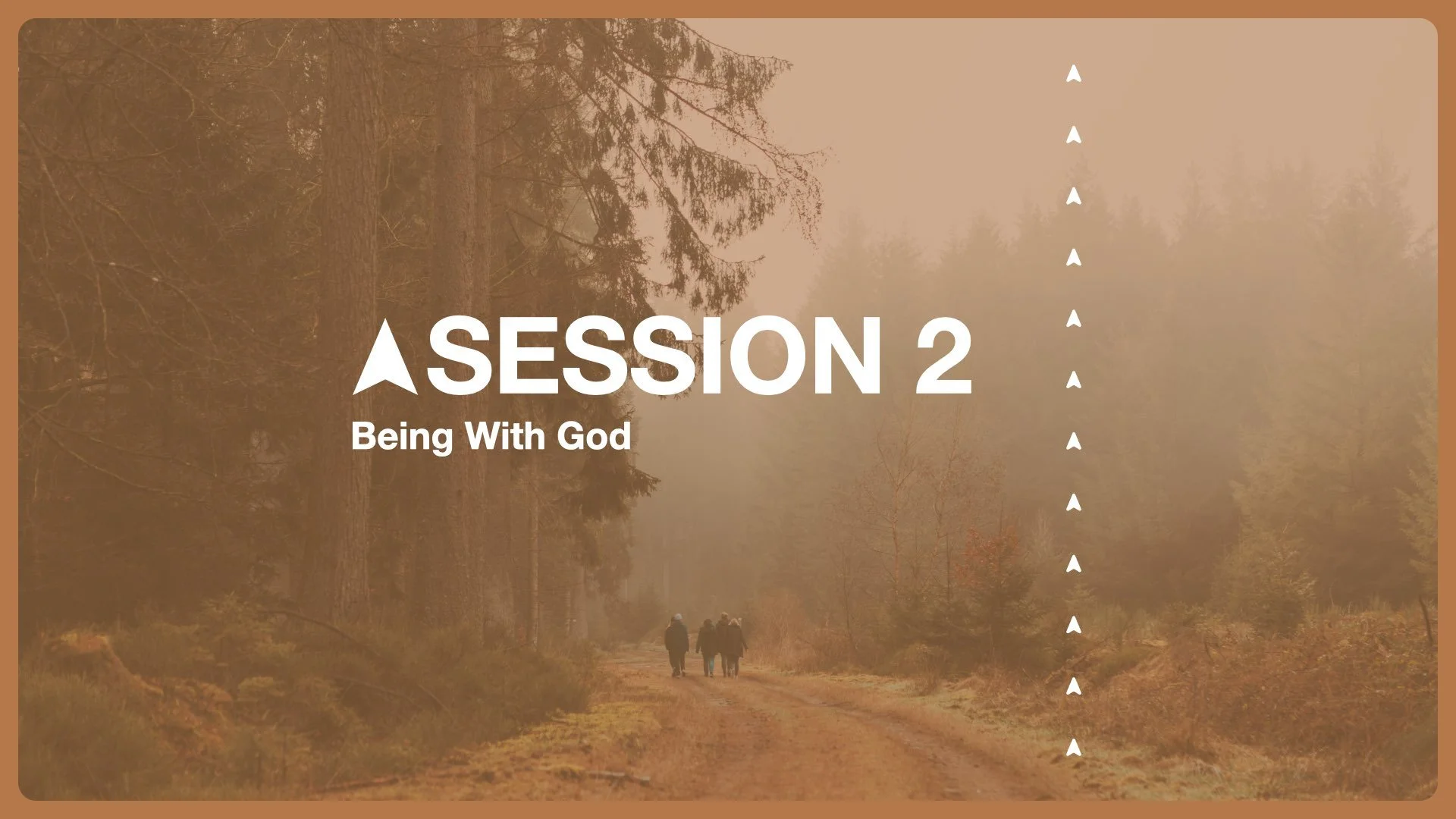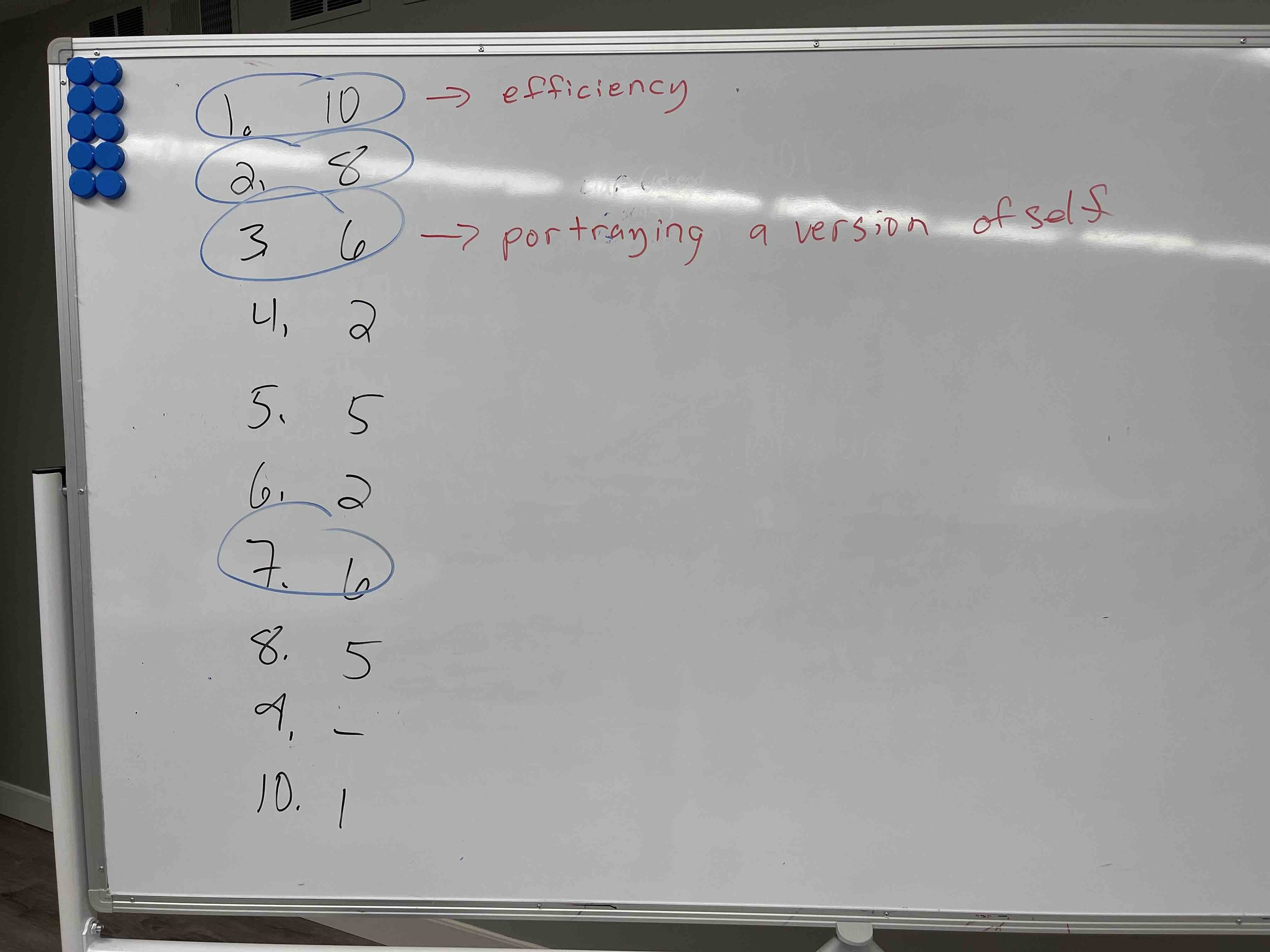SESSION 2 (2022)
SPIRITUAL PRACTICES
REFLECTING
Reflect on the following questions each Sunday following the worship service, writing in your journal:
Were you able to spend time privately with God prior to service and if so how?
What time did you arrive and how were you feeling when you arrived? What may have been distracting your attention or drawing your affection away from God prior to the start of the worship service?
Who did you meet that was new to you and how could you follow up with them later this week or next Sunday?
How did you encounter God’s presence during the worship service?
Reflect on the following questions after each occurrence of community (i.e., Small Group), writing in your journal:
What was something I shared that allowed others to know me better?
What was something someone else shared that allowed me to know them better?
Who will you be praying for specifically throughout this week? How can you follow up with them to offer encouragement and support?
Reflect on the following questions after each occurrence of service (i.e., Sunday Morning Missional Team), writing in your journal:
How was my service to God worship that brought glory to God?
How can I grow in this area of service? How can my pastors help me grow?
LEG 1 (1/24-2/6)
READING
EHD - Chapter 3: Be Before You Do (24)
EHS - Chapter 2: Know yourself that you may know God (32)
PREPARING
Watch or listen to “2 Responses” from Matthew 7:21-29 from The Sermon on the Mount on August 29, 2021.
Complete (again) the Emotionally Healthy Discipleship Personal Assessment on a printed paper copy. Save this for comparison as we take again throughout The Way. Also note the specific line items of potential growth in the section “Mark 1: Be Before You Do” to go along with this sessions’ reading and reflecting.
REFLECTING
Reflect on the following questions regarding the reading, writing in your journal:
What is one step you can take today to quiet the noise in order to listen more attentively to the voice of Jesus and slow down in order to live more faithfully to the way of Jesus? (EHS-WB, p26)
Fill in the blanks: What I am beginning to realize about God this week is _______. What I am beginning to realize about myself this week is _______. (EHS-WB, p34)
What are ways in which you find yourself doing for God rather than being with God? What are you hoping to achieve by doing each of these things? Given that these are likely good things, how could a different mindset and heart posture allow you to approach them such that they become being with God rather than doing for God? (Example: reading your Bible vs. spending time with God, listening to Him speak through His Word)
Identify your top 3 indicators of your doing exceeding your being from the table on page 57 of EHD. Identify a specific example of each and explore why this might be so. (EHD, p57)
Assess your False Self using the chart on page 47 in EHD and identity your top 3 areas for growth. What invitation might God be offering you through this new awareness of your false self? (EHD, p47-48)
If you are prone to avoiding prolonged periods of silence and solitude, why is that? Not simply being in an environment without sound, but without distraction, in order to focus on and listen to God. (EHD, p54-56)
Of the 3 temptations listed in EHS (performance, possessions, popularity), which do you most relate with and why? What does this reveal and how does this scream, “God’s love for you will never be enough!”? (EHS, p49-53)
Take the assessment on page 59-60 of EHS. Identify one area of growth that you can focus on over the next two months. Share this with someone else in the group (and reciprocate with anyone who shares with you, meaning we will be sharing possibly with multiple people). (EHS, p59-60)
How would you describe “what is secondary” in your life, the thing that might be “blocking the way” to experiencing God? (EHS-WB, p23) What might be one way your “busyness” blocks you from listening and communicating with the living God? (EHS-WB, p25)
Consider areas of your life such as finances, health, relationships, work, etc and reflect on the following questions: What are you angry about? What are you sad about? What are you anxious about? What are you excited about? (EHS-WB, p29-30)
LEG 2 (2/7-2/20)
READING
I2J - Prologue (4)
I2J - Part 1: The Road Map: The Nature of Spiritual Formation (35)
PPG - Preface, Conversations 1-4 (26)
PREPARING
Complete a Myers Briggs assessment prior to beginning Leg 3 reading in order to identify preference types discussed in I2J Part 2.
REFLECTING
Reflect on the following questions regarding the reading, writing in your journal:
What is one step you can take today to quiet the noise in order to listen more attentively to the voice of Jesus and slow down in order to live more faithfully to the way of Jesus? (EHS-WB, p26)
Fill in the blanks: What I am beginning to realize about God this week is _______. What I am beginning to realize about myself this week is _______. (EHS-WB, p34)
What beauty in God’s creation might you be bypassing and overlooking because you are too busy or distracted? In what areas of life might your to-do list, your pursuit of “getting things done”, or your sense of perfectionism cause you to miss out on loving and enjoying Jesus and those around you? (EHR-WB, p35-36)
What are you currently hiding or holding back from God in prayer? Why do you think that is? (EHR-WB, p88)
Briefly reflect on the events and interactions of your last 24 hours. When did you experience joy, peace, increased energy, or a sense of God’s presence? When did you experience sadness, apathy, energy draining out of you, or a sense of God’s absence? How might you hold on to God in those moments when He sounds silent and feels distant? (EHR-WB, p89,71)
How does our instant gratification culture impact our thoughts and expectations regarding the spiritual life? How does the idea of spiritual formation as a process go against the grain of this aspect of our culture mentality? Where are you most frustrated by the slow pace of your spiritual growth? (I2J, Chapters 1-2)
Everyone is in a process of spiritual formation and everything shapes us into some kind of being or image. The only question is who or what? That someone is who you spend your time with and that something is what you fill your mind with. Who and/or what is most influencing you during this season? If you are unsure, look at how you spend your time (television, internet, social media, work, friends, etc). How are these influences possibly destructive? What is one change you could make in your life such that you are more greatly influenced in moving toward wholeness in Christ? (I2J, Chapter 1)
Think of a time when your life, your plan or your day was recently disrupted. How did you feel in that moment? How did you respond to the situation? In what ways did you seek to seize control? In what ways did you relinquish control to God? (I2J, Chapter 2)
Mulholland says that almost from the moment of birth we engage in a struggle for control of that portion of the world we live in. "The issue of control is a crucial part of our spiritual pilgrimage... As long as I can set the limits on its pace and its direction, I have no problem. What I do have a problem with is getting my control structures out of the way of my spiritual formation and letting God take control' Where do you see the "desire to control" manifesting itself in your spiritual life these days? When do you find yourself saying, "Id rather do it myself"? Where do you sense God inviting you to give up control and yield to God’s transforming work? (I2J, Chapter 2)
Many of us would prefer that our spirituality be primarily about warm, fuzzy experiences with God; however, the journey of being formed in the image of Christ takes place primarily at the point of our unlikeness to the image of Christ, where we must die to self in order to be raised by God into wholeness of life in the image of Christ. The first step is confrontation and the second dynamic is consecration-saying yes to God's transforming work in that place where we are unlike Christ. What points of unlikeness are you most aware of in your own life? Are you at the point of confrontation or consecration? (I2J, Chapters 3-4)
LEG 3 (2/21-3/6)
READING
I2J - Part 2: The Vehicle: Personality and Piety (33)
Calvin’s Institutes of the Christian Religion - Book 1, Chapter 1 (3) - DOWNLOAD PDF
1 Samuel 17
Luke 10:38-42
REFLECTING
Reflect on the following questions regarding the reading, writing in your journal:
What is one step you can take today to quiet the noise in order to listen more attentively to the voice of Jesus and slow down in order to live more faithfully to the way of Jesus? (EHS-WB, p26)
Fill in the blanks: What I am beginning to realize about God this week is _______. What I am beginning to realize about myself this week is _______. (EHS-WB, p34)
Where in your life, or with whom, is it difficult to be your true self (i.e., to speak honestly, say “no”, or not be afraid of what others thing)? (EHS-WB, p31)
How would you respond to your pastor recommending you to see a trained and licensed therapist for additional counseling? (hint, your pastor has a therapist, his name is Scott ;-)
Mulholland mentions that entire communities of faith often gravitate toward one set of personality preferences over another, leaving those who represent the alternate side of the pattern feeling marginalized and deprived. Which of the personality preferences described in this chapter does your community's life seem to cater to? What seems to be left out? What are some ideas for how your faith community could be more holistic in what is offered corporately? Pray for your community as well. (I2J, Chapters 6-7)
Identify an aspect of the way God uniquely created you that you are grateful for. (I2J, Chapter 7)
Looking at each of the four columns for your four preferences in Table 1 on page 79 of I2J, identify: an expression of each preference (what are you drawn to with respect to spiritual formation?), an expression of your avoidance (what are you prone to avoiding?), and how do these reveal “doing for God” rather than “being with God”? NOTE: You will answer each question four times, once for each preference. (I2J, p79)
Looking at each of the four columns for your four preferences in table 2 on page 82 of I2J, identify: an under development (for this you will need to look at each of your four non-preference columns), an over development of your preference, a way you are uniquely tempted as a result of your preference, what is needed for wholeness as a result of your preference, and a way in which you can better nurture your non-preference. NOTE: You will answer each question four times, once for each preference (or non-preference for the under development). (I2J, p82)
Reflect on the following questions regarding 1 Samuel 17, writing in your journal (EHS-WB, p31-34):
What are some of the accusations and messages David receives from the people around him? From his own family (v28)? From Saul (v33, 38)? From Goliath (v41-45)?
What feelings might you be experiencing if you were David (i.e., in response to an older sibling, a person in authority over you, or a competent and intimidating person like Goliath)?
What enables David to live out of his true self against the powerful forces and pressures that seek to mold him into someone he is not?
What might it look like for you to take off armor that you are currently wearing that does not fit you?
CONNECTING
Describe a regular rhythm (daily, weekly, monthly, or yearly) that is unique to your life.
What is something that you want to make a more regular rhythm in your life?
CENTERING
PRACTICING
The Daily Office (using Emotionally Healthy Spirituality: Day by Day by Peter Scazzero)
MATERIAL
2022 Session 2 Slides (CLICK TO DOWNLOAD)
2022 Session 2 Handouts (CLICK TO DOWNLOAD)
2022 Session 2 Screen Shots:
Reflecting on the spiritual practices of worship, community, and mission
I Know My Doing Exceeds My Being When...
PUBLISHED: Wednesday, January 12th, at 10:40PM
UPDATED: Friday, March 18th, at 4:06PM (added session materials)



